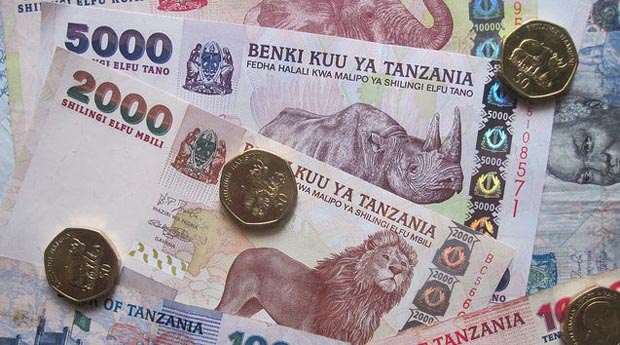In a major regulatory shift aimed at strengthening its domestic currency and economic sovereignty, the Bank of Tanzania (BoT) has officially banned the use of foreign currencies most notably the US dollar for local transactions and payments across the country. This sweeping reform is set to reinforce the Tanzanian Shilling (TZS) as the sole legal tender within national borders.
Purpose of the Regulation
The new regulations, published under Government Notice No. 198 of 2025, are part of broader efforts by Tanzanian authorities to curb the growing trend of “dollarisation” in the economy. The government has observed an increasing reliance on foreign currencies in various sectors, particularly tourism, real estate, education, and high-value commerce. This practice, officials argue, has weakened the Tanzanian shilling, limited the effectiveness of monetary policy, and depleted valuable foreign currency reserves.
According to the BoT, enforcing the exclusive use of TZS in all domestic transactions will not only stabilize the currency but also promote greater control over inflation, strengthen fiscal management, and ensure financial inclusion.
Key Provisions of the Ban
Under the new policy:
• Tanzanian Shilling is Mandatory for All Transactions: All goods and services offered within Tanzania must now be priced, quoted, invoiced, and settled in Tanzanian Shillings. Whether in supermarkets, hotels, schools, or car dealerships, the use of foreign currencies such as the US dollar, Euro, or Pound is now strictly prohibited for local payments.
• Foreign Currency Pricing Prohibited: Businesses and service providers are barred from displaying prices in foreign currencies or requesting foreign currency payment for services rendered within Tanzania.
• Conversion of Existing Contracts: Any contracts or agreements currently denominated in foreign currencies must be converted to TZS within 12 months, i.e., by March 27, 2026. However, parties may apply for an extension, which may be granted at the discretion of the Minister of Finance.
• Monitoring and Penalties: The Bank of Tanzania has been tasked with enforcing these rules. Individuals or institutions found violating the regulations could face legal penalties, including fines, license suspension, or other sanctions as deemed necessary.
Limited Exceptions
While the regulations apply broadly, certain exceptions have been made to accommodate international interactions:
• Tourism and Non-Resident Transactions: Foreign tourists and non-residents may still pay in foreign currency for services such as hotel accommodation and travel, but the prices must be based on the prevailing exchange rates and payments must be made through authorized channels.
• Diplomatic Missions and International Organizations: These entities may continue to use foreign currencies under special arrangements approved by the BoT.
• Foreign Currency Loans: Loans issued by local financial institutions in foreign currencies, especially those tied to international financing or trade, are exempted from the conversion requirement.
Economic Impact and Outlook
Economists have lauded the move as a bold and necessary step toward protecting the Tanzanian economy from external currency pressures. By reinforcing the dominance of the Tanzanian shilling in local commerce, the government hopes to improve its control over monetary policy, limit speculative currency trading, and enhance transparency in pricing.
However, some stakeholders have expressed concern over potential short-term disruptions, especially for businesses that cater to international clients. There is also a need for widespread awareness and education to ensure smooth implementation and compliance, particularly in sectors accustomed to quoting prices in dollars.
Conclusion
Tanzania’s decision to ban the use of foreign currencies in local transactions marks a decisive turn in its economic policy. With a clear deadline for converting existing contracts and strict enforcement mechanisms in place, the country is signaling a firm commitment to empowering its national currency and strengthening fiscal discipline. If successfully implemented, the reform could serve as a model for other developing nations seeking to regain control over their monetary systems.








